- Home›
- Healthy Living›
- 5 Foods That Will Help To Treat Chikungunya
5 Foods That Will Help To Treat Chikungunya
By: Priyanka Maheshwari Fri, 12 Jan 2024 5:05:38
-1705058976-lb.jpg)
Have you been experiencing frequent illness lately? Do you vomit frequently and notice rashes appearing on your limbs? There's a possibility that you may have contracted Chikungunya, a viral disease primarily transmitted through mosquito bites. Fortunately, while Chikungunya is not fatal, it can be effectively treated with proper medical care.
In addition to medical treatment, certain dietary choices can help mitigate the effects of Chikungunya. If you're interested in learning more about the disease and the recommended diet for Chikungunya, check out the following post!
Chikungunya Symptoms:
Chikungunya shares similarities with dengue fever and is generally not life-threatening. Its symptoms typically last for 3 to 7 days and can be managed through a combination of a suitable diet and prescribed medications. Here are some common symptoms:
- Intense rashes, fever, chills, headache, and nausea, with rashes particularly prominent on the limbs and trunk.
- Swelling and pain in the joints, which may lead to meningoencephalitis.
- Residual arthritis, characterized by swelling, stiffness, and pain that may require months for full recovery.
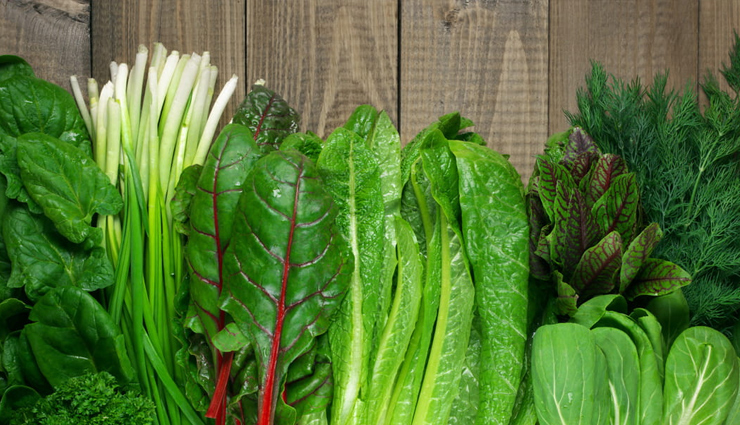
# Leafy Veggies
Leafy greens stand out as exceptional foods in the world. They boast easy digestibility and are remarkably low in calories. Abundant in Vitamin A, they play a pivotal role in safeguarding your body against cancer and supporting bone growth. Additionally, these greens are a source of Vitamin C, aiding in the prevention of the accumulation of free radicals and shielding your body from arthritis. Embracing leafy vegetables in your diet not only rejuvenates your health but also acts as a preventive measure against life-threatening diseases such as Chikungunya. Ensure to incorporate leafy greens into your daily meals for optimal well-being.
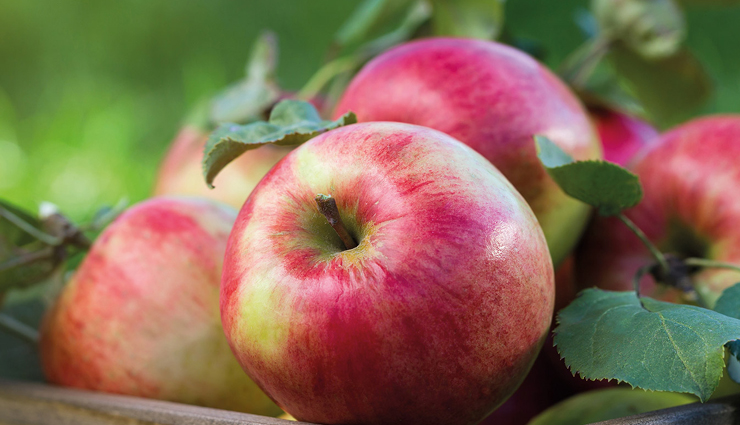
# Apples And Plantains
When working towards recuperating from Chikungunya, it is recommended to avoid citrus fruits like watermelons and oranges. Opt for apples and plantains instead. Apples, rich in fiber, contribute to the cleansing of your digestive tract and help maintain lower cholesterol levels. Similarly, plantains, also high in fiber, aid in preventing constipation and keeping the intestines clean.
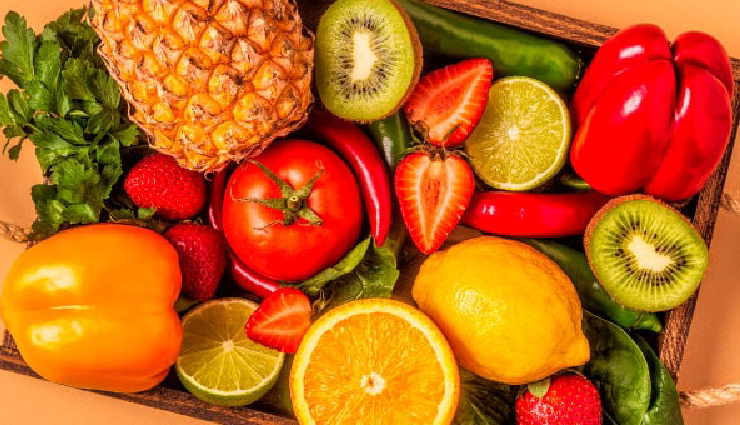
# Foods Rich In Vitamins C And E
Vitamin C plays a crucial role in the healing of wounds and supports the development of muscles, bones, tendons, and blood vessels. On the other hand, Vitamin E is associated with promoting overall health, maintaining clear skin, and offering protection against conditions like cancers, heart attacks, Parkinson’s disease, and rheumatoid arthritis. Some examples of foods rich in vitamins C and E include guavas, yellow bell peppers, kiwis, broccolis, strawberries, tomatoes, and peas. To enhance your intake of Vitamin E, consider incorporating more berries, nuts, tropical fruits, wheat, oils, and broccoli into your diet.
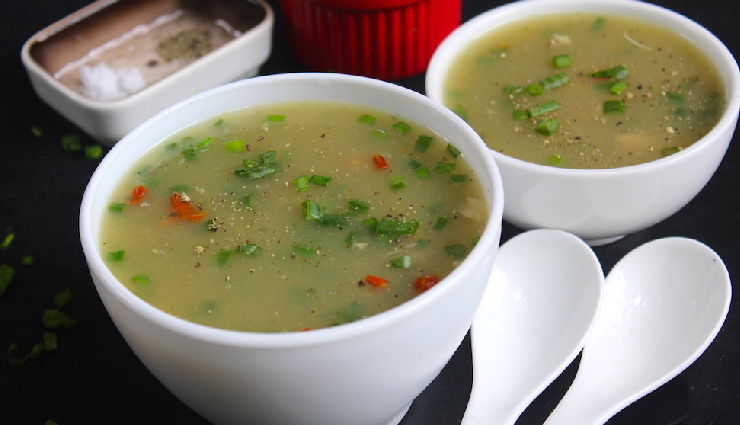
# Liquid Based Foods
Fluid-based nourishment is highly beneficial for Chikungunya recovery, primarily encompassing soups, dals, and gravies. Soups, ideally crafted from beans, lean meat, or fish, provide essential protein for your body. Consider incorporating tomato soup into your diet, as it contains antioxidants like lycopene, known to alleviate the symptoms of prostate cancer.
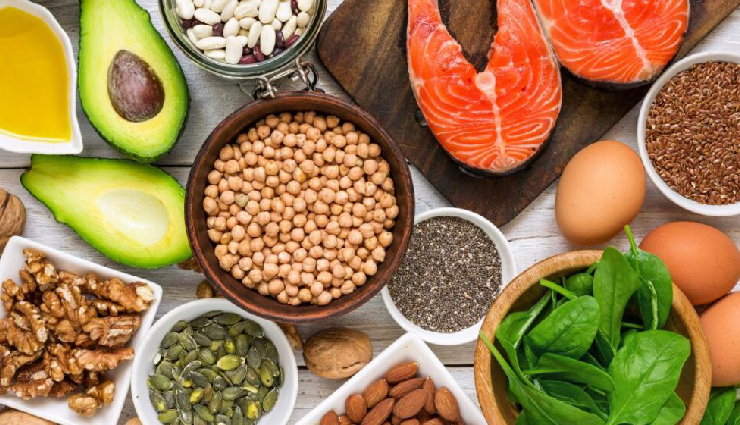
# More Omega 3 Fatty Acids
Omega-3 fatty acids can be obtained from both dietary sources and supplements, but it is recommended to prioritize organic foods in this context. Consuming these fatty acids aids in diminishing blood clots, supporting optimal brain function, enhancing memory, lowering the risk of stroke, and alleviating symptoms associated with arthritis.





